
fce_handbook
.pdf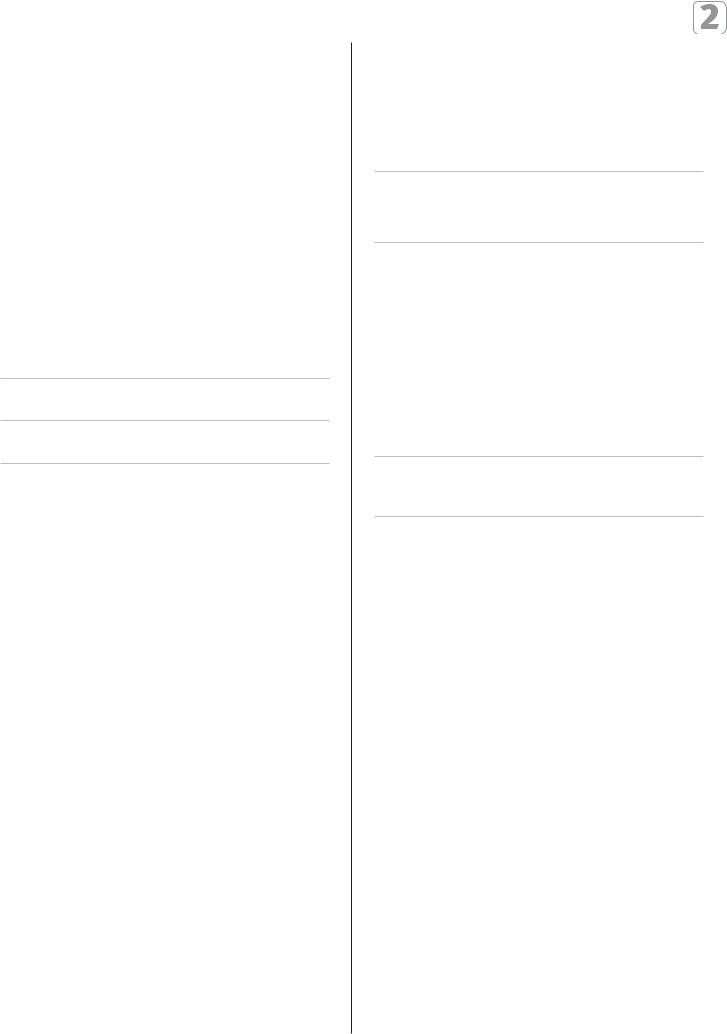
The two parts of the
Writing paper
Each question on the Writing paper carries equal marks.
■Expected word length
Candidates are asked to write 120–150 words for Part 1 and 120–180 words for Part 2.
Writing approximately the right number of words is an integral part of task achievement. If significantly fewer words are written, this is likely to mean that the task has not been successfully completed, whereas overlong pieces of writing may involve irrelevance, repetition of ideas, poor organisation and have a negative effect on the target reader.
■ PART 1 – COMPULSORY TASK
This part tests the candidates’ ability to respond to a letter or email, and accompanying notes.
Sample questions and scripts: pages 23, 26, 30 and 36.
■ Task type and focus
In Part 1, the task will be in the form of a letter or email, with notes or prompts to be addressed. The range of functions tested may include expressing enthusiasm, requesting and giving information, explaining, apologising, thanking, suggesting and expressing preferences. Candidates are expected to respond to both the letter and email in grammatically correct English, and should note that abbreviated text style language is not acceptable. Both letters and emails should have an opening salutation, paragraphing and closing phrasing (although no postal addresses are required for the letter). The degree of formality required in the task will vary according to the situation and the target reader; candidates are expected to assess this from the information given in the instructions and the tone of the input letter or email.
■ Task format
The input for Part 1 is approximately 160 words in total. It is made up of a text (letter or email) and notes, and may be supported by visuals or attachments such as a photo, timetable or advertisement. Widely used abbreviations such as N.B, e.g., and etc. may also appear as part of the input. It is very important that candidates cover all of the essential points of the input in their answer so that the target reader is fully informed. Candidates should be aware that the overall aim of the task is to achieve a positive effect on the target reader. Organisation and cohesion, clear layout, use of register appropriate for the audience, control and accuracy of language are all important features of task achievement. Some evidence of range of language is also required, which means building on
key words from the input rather than ‘lifting’ whole segments. Part 1 tasks often offer the candidates the opportunity to add a piece of information, or make a suggestion or request of their own, and this enables them to demonstrate the range of their language.
■ PART 2
This part consists of four questions from which candidates must choose one. One of the four questions offers two options based on set texts. (There are two set texts, and one question will be offered on each).
■ Task format
The input for these five tasks is considerably less than in Part 1. Each writing task in Part 2 has a context, a purpose for writing and a target reader specified in no more than
70 words.
Attention to every element in the question is essential for effective task achievement and candidates should consider carefully what level of formality is appropriate to the task.
■ PART 2 – QUESTIONS 2–5
Sample questions and scripts: pages 24, 27, 31–35 and 37–39.
■ Task type and focus
In Part 2, candidates have a choice of tasks. Questions 2–4 are general questions, based on a range of topics, such as health and fitness, sport, music and so on. The tasks for questions 2–4 may include any of the following task types: an article, an essay, a letter, a report, a review, a story. Questions 5(a) and 5(b) are based on two set texts. There will be one question on each of the set texts (see following section).
As with Part 1, candidates are expected to show that they are aware of the kind of writing required to accomplish a task, and must be able to demonstrate appropriate use of one or more of the following functions: describing, explaining, expressing an opinion, giving information, narrating.
The different task types are intended to provide guidance for the candidates, so they can put together and develop their ideas on a topic, with a purpose for writing and a target reader in mind.
f c e h a n d b o o k f o r t e a c h e r s | pa pe r 2 : wr iti n g |
19 |
|
|

■ PART 2 – QUESTIONS 5(a) AND 5(b)
This consists of a choice of two tasks, one based on each of two books. These are specified in the Examination Regulations issued every year and are also available through the Cambridge ESOL website: www.Cambridgeesol.org/fce
■ Task type and focus
Candidates are required to write one of the following: an article, an essay, a letter, a report or a review.
This option is intended to give candidates the opportunity to read a range of literature written in English and to show in their writing that they have appreciated the themes, characters and relationships within the work they have read. Alternatively, or in addition, candidates may choose to watch a film version of the book. It is not compulsory to prepare a set text, or to write on one in a Cambridge ESOL examination, but it is hoped that the study of a text can be a rewarding and enjoyable experience. Teachers are best placed to make a judgement as to which of the set texts on offer may be appropriate and stimulating for a particular teaching situation.
Two books are offered each year in simplified form, one a classic and the other something more recent, such as a thriller or science fiction book. Each book will normally remain on the list for two years.
Assessment is based, as for the other Part 2 tasks, on control of language in the given context.
Preparation
General
■Candidates write most effectively when they choose tasks and topics suited to their interests and experience. When preparing students for the examination, it is important to ensure they are familiar with the paper and the range of task types and topics so that they can identify those which are most accessible to them.
■Train your students to read the question carefully, underlining the most important parts. They then need to make a plan, referring closely to the question and looking for opportunities to develop their ideas and show their range of language.
■The time allowed for the Writing paper (1 hour 20 minutes) is designed to be sufficient for candidates to make brief plans and then write two answers. Any corrections they need to make should be clear so that the examiner can follow and mark what they have written.
■Your students need to think carefully about who the target reader is for each task and try to write in an appropriate style and tone.
■Linking ideas effectively is something your students will need guidance on. Using a variety of linking words is
important, as is ensuring that the flow of ideas in the writing is logical and easy for the reader to follow.
■Your students should be encouraged to use a range of complex language. If, in doing so, they make mistakes, the examiner will always give credit for the complex language attempted as long as the mistakes do not impede communication.
■Counting words wastes time in an examination and leads to clumsy alterations to what a candidate has already written. Students need practice in writing tasks within the word limit so that they know when they have written enough in their own handwriting.
■Make sure your students have practice in answering questions without the use of dictionaries. Dictionaries are not allowed in the FCE examination.
■Make sure your students are aware of the importance of spelling and punctuation. Although spelling errors and faulty punctuation are not specifically penalised, they can sometimes impede communication. If so, the overall impression mark will be adjusted. (N.B. American usage and spelling are acceptable – see Varieties of English, page 4). Remind them of the importance of checking their work.
■Each question on the Writing paper carries equal marks so your students should practise planning the time they spend on each question carefully.
■Remind your students that they must write their answers on the lined pages following each question in the booklet. They may use the blank pages at the back of the question booklet to make notes, but these notes will not be marked. They may also use these blank pages to finish their answers, if necessary, but they should make it clear that the writing is part of their answer.
■It is important to write clearly so that the answers are easy to read. However, it is not important if candidates write in upper or lower case, or if their writing is joined up or not.
By part
■PART 1
■Successful answers to Part 1 questions include all of the content points, and expand them where appropriate with relevant ideas and information. It is a good idea to explore the range of functions used in the notes to help your students recognise how some require factual information ‘give details …’
and some present opportunities for expansion ‘say which and why …’, ‘give opinion …’. Brainstorm ideas for expansion and encourage your students to review their writing, substituting frequently used words with a wider range.
■ Understanding the scenario in Question 1 and reading the input carefully helps students to write their letters or email in an appropriate tone. They should also consider this when dealing with the functions in the notes. Apologising to a friend
‘I’m really sorry, you know how careless I am!’ is different from a
20 |
f c e h a n d b o o k f o r t e a c h e r s | pa pe r 2 : wr iti n g |
|
|
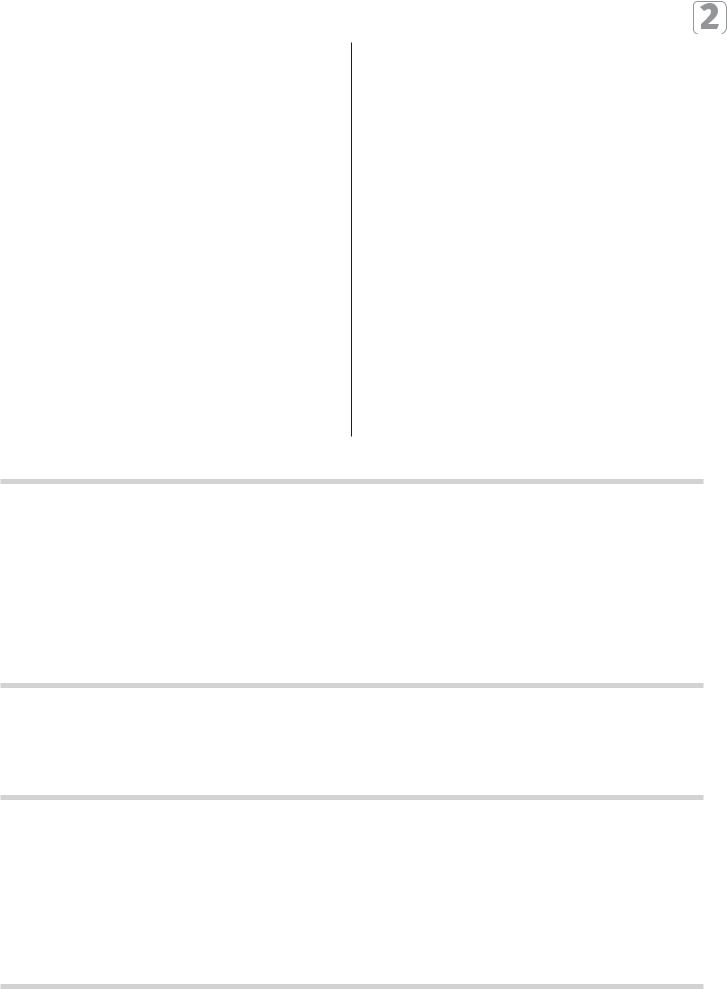
formal apology ‘I must apologise for the noise our group made and hope we did not disturb you too much’. In the examination, candidates are given credit for consistent use of register in their answers.
■Paragraphs make letters or emails easier for the reader to follow. Organising the four content points gives a natural framework, but the students need to find ways to link these points. Register plays a part here, too. Your students may know formal linking words like ‘furthermore’ and ‘moreover’ but should also be able to use less formal ones like ‘anyway’ and ‘as well as’.
■Candidates can use key words from the input text but should not lift whole segments of language. No credit is given for language which has been obviously lifted from the input text.
■Remind your students that the instructions always tell the candidate to read the text and ‘the notes you have made’. It also says ‘write a letter/email using all your notes’. The notes are either close to the text or underneath it on a notepad. Candidates must address each of the points in their letter or email. Missing out a content point means the reader is not
fully informed and the task is not adequately achieved. This will result in candidates being penalised.
■PART 2
■Part 2 will always have three different tasks, plus a choice of two tasks on the set texts in Question 5.
■The tasks in Part 2 give candidates a chance to show their range of language. In class, students should be encouraged to use a variety of grammatical structures and explore the use of new vocabulary and expressions.
■Since there is always a choice of task types in Part 2, students should avoid a particular task type if it is unsuited to their interests or experience.
■Each word in the instructions is important to the task. Students should, therefore, be advised to avoid a question if they are unsure of what is required as their answer may not be wholly relevant.
Task types in the FCE Writing paper |
Preparation |
|
|
|
|
AN ARTICLE is usually written for an English-language magazine or newsletter, and the reader is assumed to have similar interests to the writer. The main purpose is to interest and engage the reader, so there should be some opinion or comment.
A successful article interests and engages the reader. Descriptions, examples and anecdotes are often appropriate, and effective answers will be lively and include some colourful use of language. A personal angle usually works well, and a catchy title will attract attention. The use of direct and indirect questions also adds colour, and students should be taught how to use these. Looking at examples from Englishlanguage magazines may help.
AN EMAIL is written in response to the situation outlined in the input information. Candidates can expect to write to, for example, a college principal, an English-speaking friend or a colleague.
Students should be aware that in email tasks, they will be expected to write grammatically correct sentences with accurate spelling and punctuation in a style suited to the situation and target reader. The abbreviated language used in text messages will not be considered appropriate to the task.
AN ESSAY is usually written for a teacher and may be written as a follow-up to a class activity. It should be well-organised, with an introduction, clear development and an appropriate conclusion. The main purpose of the task is the development of an argument and/or discussion of issues surrounding a certain topic. Candidates will usually be expected to give reasons for their opinions.
Essays need to present an argument and give reasons for this. Your students need to be taught to give opinions and to agree or disagree in a formal or neutral register. They should be advised that they are free to agree or disagree with the statement in the task, or discuss both sides.
Effective planning and paragraphing is important in essay writing, as is the correct use of appropriate linking words and phrases. Students also need practice in writing appropriate opening and concluding paragraphs.
f c e h a n d b o o k f o r t e a c h e r s | pa pe r 2 : wr iti n g |
21 |
|
|
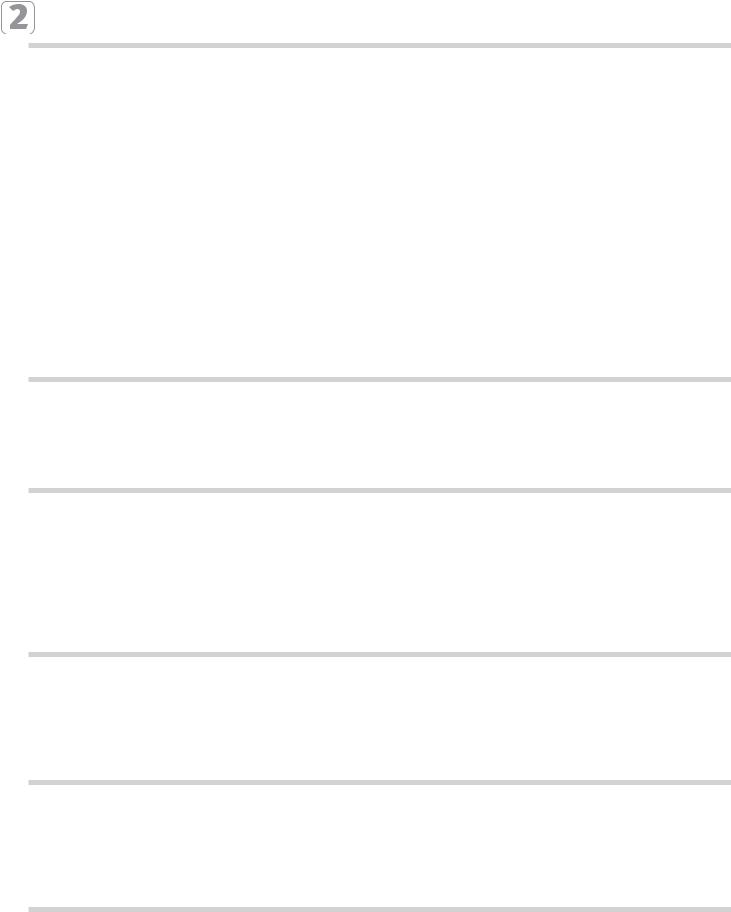
Task types in the FCE Writing paper |
Preparation |
|
|
|
|
A LETTER is written in response to the situation outlined in the question. Letters in the FCE Writing paper will require a response which is consistently appropriate in register and tone for the specified target reader. Candidates can expect to be asked to write letters to, for example, an English-speaking friend or colleague, a potential employer, a college principal, or a magazine editor.
Students should be taught to use appropriately informal language consistently throughout an informal letter. They will be required to describe, express opinion and give information, and should use an appropriate range of informal linking expressions. It is important that they realise that while a brief general opening paragraph is appropriate, the majority of their letter should be devoted to dealing with the specific task outlined.
Formal letters may be written to an individual or to an organisation. The purpose may be, for example, to apply for part-time or vacation work, or a study or scholarship opportunity. Students should be taught the appropriate expressions to begin and end a formal letter, but they also need to work on a range of functions, including describing skills and experience, expressing enthusiasm, and persuading.
A REPORT is usually written for a superior (e.g. a teacher) or a peer group (e.g. members of an English club). Candidates are expected to give some factual information and make suggestions or recommendations. A report should be clearly organised and may include headings.
Students need to be taught report format, with the use of headings where appropriate. They should also work on specific vocabulary areas such as transport, leisure and entertainment, and learn how to make suggestions and recommendations.
A REVIEW is usually written for an English-language magazine, newspaper or website. The main purpose is to describe and express a personal opinion about something which the writer has experienced (e.g. a film, a holiday, a product, a website etc.) and to give the reader a clear impression of what the item discussed is like. Description and explanation are key functions for this task, and a review will normally include a recommendation to the reader.
Students should be encouraged to read as wide a range of reviews as possible, such as those for holidays, books, television programmes and consumer goods. They need to be taught the use of appropriate adjectives, and how to describe and explain. They also need to know how to give an opinion, positive or negative, and make a recommendation.
A SHORT STORY is usually written for an English-language magazine or anthology, or a website. The main purpose is to engage the interest of the reader. Effective answers have a clear storyline which links coherently to the prompt sentence and demonstrates a sound grasp of narrative tenses.
In the short story, students should be aware of the importance of developing a clear and coherent storyline from the prompt sentence. There is ample scope for imagination in this task, and the use of interesting adjectives, adverbs and expressions should be encouraged. Good use of linking words, particularly time expressions, is also important in this task.
SET TEXT questions may be articles, essays, letters, reports or reviews. Assessment is based on control of language in the given context.
Discuss the characters and the plot of the set text, or the film version, with your students. Consider the effectiveness of the opening and ending, the importance of key scenes and events, and also the emotions they, as reader or viewer, experience. Make sure your students can describe and compare characters and events and use the language of explanation and opinion.
These indications of readership and purpose are not comprehensive, but are intended to give some guidelines to the different task types. It must be stressed that specialised writing skills are not expected of candidates at this level.
22 |
f c e h a n d b o o k f o r t e a c h e r s | pa pe r 2 : wr iti n g |
|
|
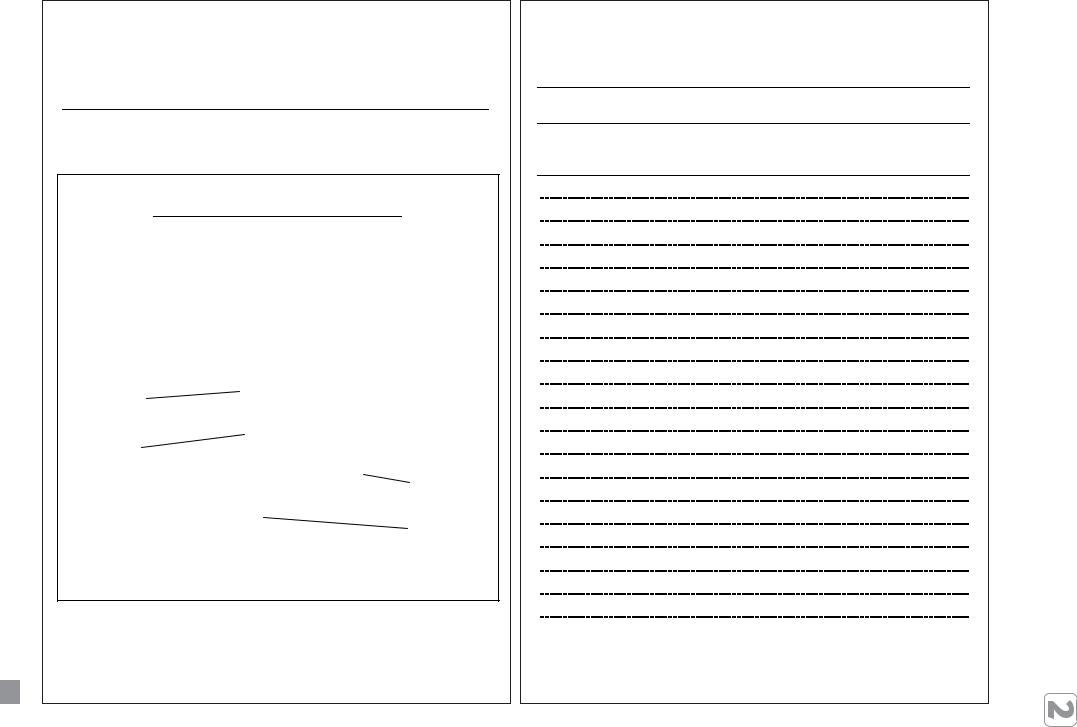
23 1 st te – r pe pa e l p m sa | g n iti wr : 2 r pe pa | s r e h c a e t r o f k o o b d n a h e c f
Part 1
You must answer this question. Write your answer in 120 – 150 words in an appropriate style on the opposite page.
1You have received an email from your English-speaking friend, Sara, who is planning to open a
restaurant. Read Sara’s email and the notes you have made. Then write an email to Sara, using all your notes.
From: |
Sara Martins |
Sent: |
15th March 2006 |
Subject: |
Restaurant |
|
|
You remember how Alex and I have always wanted to open a restaurant – well, we’re going to do it!
We want to serve food from different countries in our restaurant so we’re planning to travel around to collect some ideas. We want to come to your country. When is
the best time to come?
Say when and why
We want to find out what people cook at home every day. What’s the best way for us to do that?
Suggest …
We’d also like to go to some local restaurants which
serve traditional food. Can you recommend one?
Yes, give details
When we open the restaurant in July, we’d like you to come. Will you be free?
No, because …
Reply soon.
Sara
Write your email. You must use grammatically correct sentences with accurate spelling and punctuation in a style appropriate for the situation.
Question 1
To: |
Sara Martins |
Sent: |
16th March 2006 |
Subject: |
Restaurant |
Turn overŹ
1 Part 1 Test |
PAPER |
1) (question |
WRITING 2: |
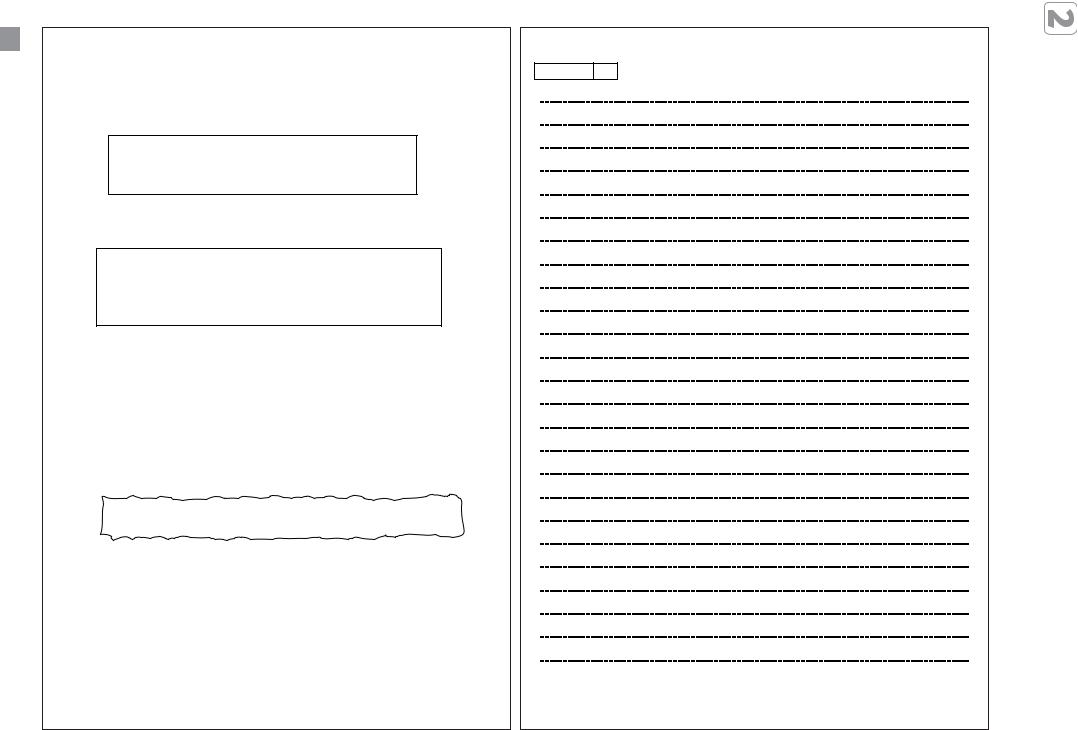
1 st te – r pe pa e l p m sa | g n iti wr : 2 r pe pa | s r e h c a e t r o f k o o b d n a h e c f 24
Part 2
Write an answer to one of the questions 2 – 5 in this part. Write your answer in 120 – 180 words in an appropriate style on the opposite page. Put the question number in the box at the top of the page.
_______________________________________________________________________________________________________________
2You have seen this announcement in an international magazine.
MY FAVOURITE TEACHER
Tell us about a favourite teacher of yours and say what you remember about him or her.
We will publish the most interesting articles next month.
Write your article.
3You recently saw this notice in an English-language magazine called Theatre World.
Reviews needed!
Have you been to the theatre recently? If so, could you write us a review of the play you saw? Include information on the characters, costumes and story and say whether you would recommend the play to other people.
The best reviews will be published next month.
Write your review.
4Your teacher has asked you to write a story for an international magazine. The story must begin with the following words:
Anna had a very special reason for getting up early the next day, so she set the alarm for 5 am.
Write your story.
5Answer one of the following two questions based on one of the titles below. Write the letter
(a) or (b) as well as the number 5 in the question box on the opposite page.
(a)The Citadel by A.J.Cronin
This is part of a letter from your English-speaking penfriend.
We are reading The Citadel in class. Didn’t you say you’ve seen the film? What do you think of the main character, Andrew Manson?
Write a letter to your penfriend, giving your opinion. Do not write any postal addresses.
Write your letter.
(b)Round the world in 80 days by Jules Verne
Phileas Fogg and Passepartout are very different characters. Which one do you think enjoys the journey most? Write an essay saying who you think enjoys the journey most and why.
Write your essay.
Question
(questions 2 Part 1 Test |
WRITING 2: PAPER |
5)–2 |
|

f c e h a n d b o o k f o r t e a c h e r s | pa pe r 2 : wr iti n g |
25 |
|
|
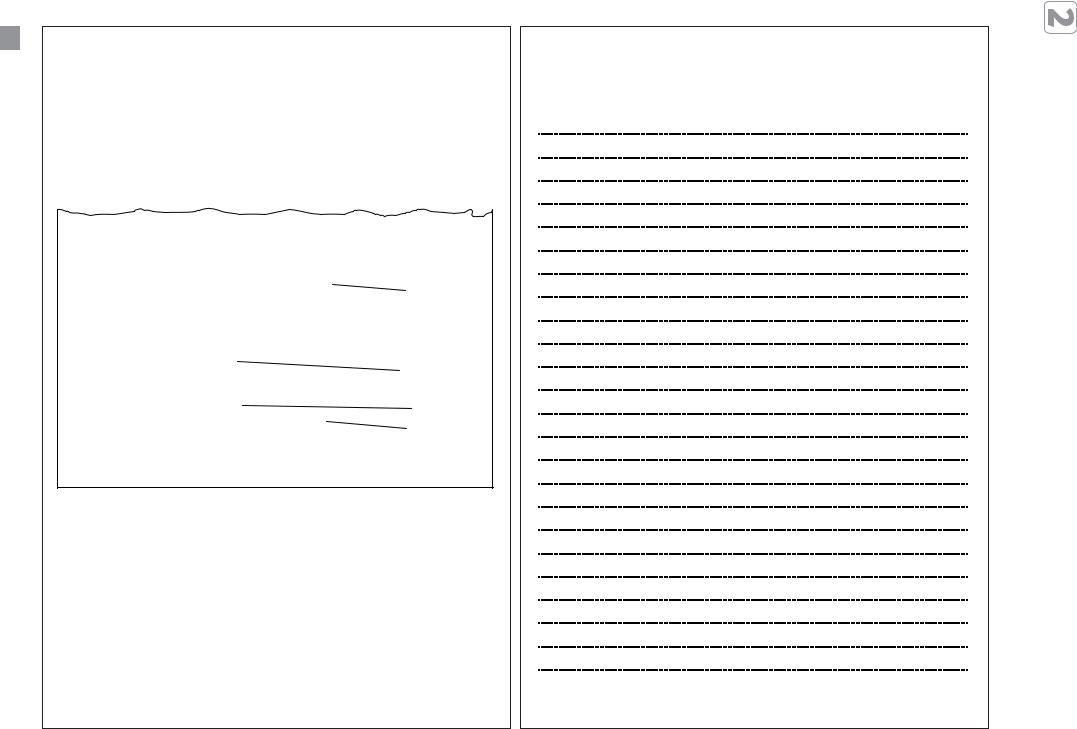
2 st te – r pe pa e l p m sa | g n iti wr : 2 r pe pa | s r e h c a e t r o f k o o b d n a h e c f 26
Part 1 |
|
You must answer this question. Write your answer in 120 – 150 words in an appropriate style on the |
Question 1 |
opposite page. |
|
_________________________________________________________________________________ |
|
1Your English speaking friend, Andrew, is thinking of starting a small business providing holiday
camps for children. Read Andrew’s letter and the notes you have made. Then write a letter to Andrew using all your notes.
I’ve decided to start my own business! I want to run summer holiday camps for children, with activities such as water sports, camping and climbing. Do you think a camp
like this could be successful? |
Give opinion |
|
|
||
I’m really interested to know what children in your country |
|
|
normally do during the summer holiday. Could you write |
|
|
and give me some information about this? |
|
|
|
Tell Andrew |
|
I have one last question. If you are free this summer, would |
|
|
you like to come and help me organize the first summer |
Yes! |
|
camp? Of course I will provide you with accommodation. |
||
|
||
|
Ask for details |
|
Please write back soon, |
|
|
Andrew |
|
Write your letter. You must use grammatically correct sentences with accurate spelling and punctuation in a style appropriate for the situation.
(question 1 Part 2 Test |
WRITING 2: PAPER |
1) |
|
Turn overŹ
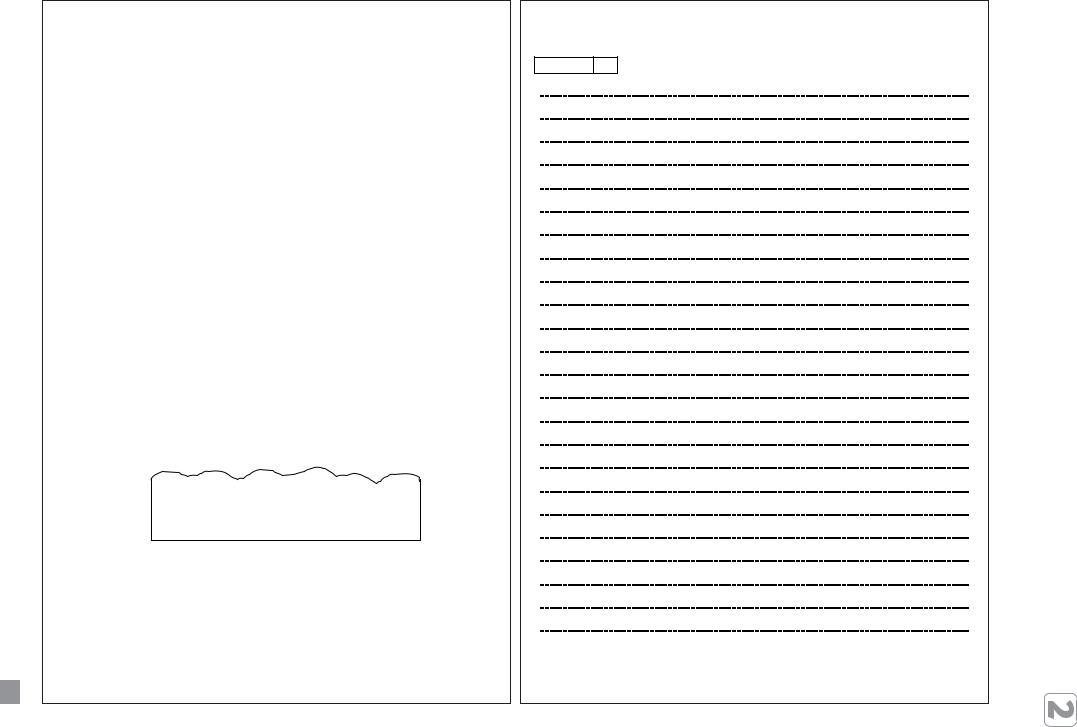
27 2 st te – r pe pa e l p m sa | g n iti wr : 2 r pe pa | s r e h c a e t r o f k o o b d n a h e c f
Part 2
Write an answer to one of the questions 2 – 5 in this part. Write your answer in 120 – 180 words in an appropriate style on the opposite page. Put the question number in the box at the top of the page.
_________________________________________________________________________________
2You have recently had a discussion in your English class about places to live. Now your teacher has asked you to write an essay, giving your opinion on the following statement.
Whatever your age, life in the country is always better than life in the city.
Write your essay
3You have decided to enter an international short story competition. The competition rules say that the story must begin with the words:
When their car broke down, they decided to go and ask for help at the farmhouse.
Write your story.
4You have had a class discussion on how to keep healthy and your teacher has now asked you write a report for new students at your college giving them some advice on places to go in the area. You should include information on sports facilities and healthy places to eat locally.
Write your report.
5Answer one of the following two questions based on one of the titles below. Write the letter
(a)or (b) as well as the number 5 in the question box on the opposite page.
(a)Phantom of the Opera by Gaston Leroux
Your English teacher has asked your class to write an article on an important event in the Phantom of the Opera. Choose one event in the story, describe what happens and explain why it is important.
Write your article.
(b)Great Expectations by Charles Dickens
Read this part of a letter from your English-speaking friend Sue.
I disliked several of the characters in Great Expectations.
Did you? Write and tell me what you think.
Sue
Write a letter to Sue giving your opinion.
Question
WRITING 2: PAPER
5)–2 (questions 2 Part 2 Test
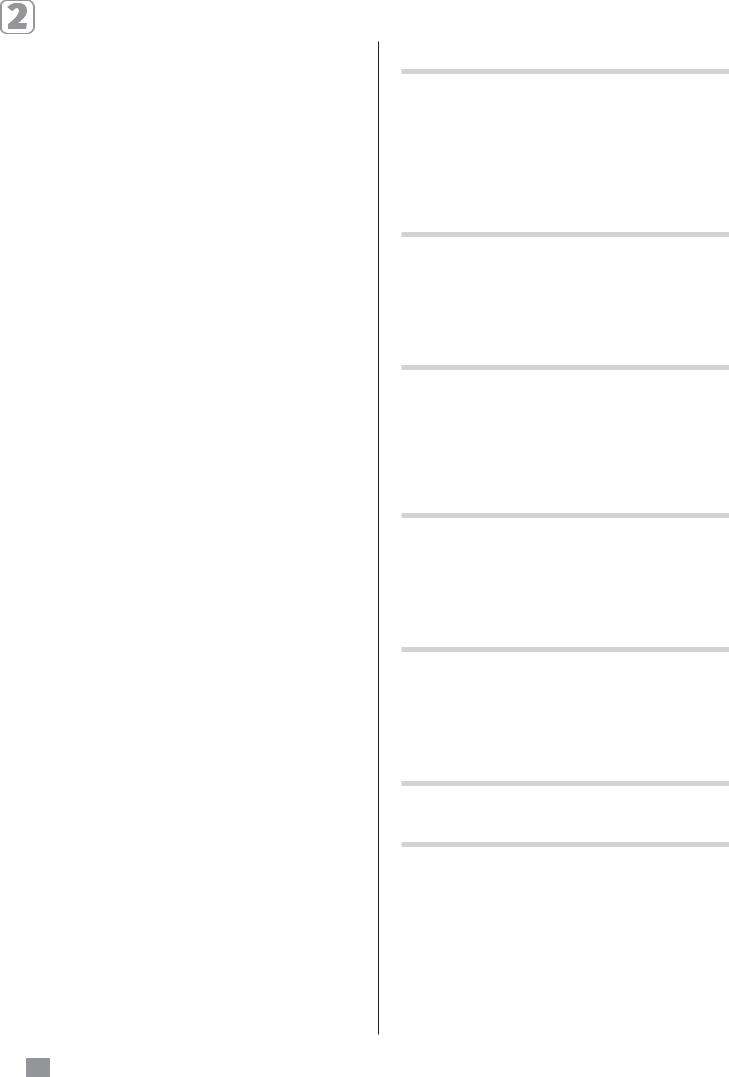
Assessment
Candidates’ answers are assessed with reference to two mark schemes: one based on the examiner’s overall impression (the General Impression Mark Scheme), the other on the requirements of the particular task (the Task Specific Mark Scheme). The General Impression Mark Scheme summarises the content, organisation and cohesion, range of structures and vocabulary, register and format, and target reader indicated in the task. The Task Specific Mark Scheme focuses on criteria specific to each particular task. Examples of candidate responses, together with the Task Specific Mark Schemes, can be found on pages 30–39.
Candidates are penalised for dealing inadequately with the requirements of the Task Specific Mark Scheme. The accuracy of language, including spelling and punctuation, is assessed on the general impression scale for all tasks.
For answers that are below length, the examiner adjusts the maximum mark and the mark given proportionately. For answers that are over-length, the examiner draws a line at the approximate place where the correct length is reached and directs close assessment to what comes before this. However, credit is given for relevant material appearing later.
The examiner’s first priority is to give credit for the candidate’s efforts at communication, but candidates are penalised for inclusion of content irrelevant to the task set.
Marking
The panel of examiners is divided into small teams, each with a very experienced examiner as Team Leader. A Principal Examiner guides and monitors the marking process, beginning with a meeting of the Principal Examiner for the paper and the Team Leaders. This is held immediately after the examination and begins the process of establishing a common standard of assessment by the selection and marking of sample scripts for all the questions in Paper 2. These are chosen to demonstrate the range of responses and different levels of competence, and a Task Specific Mark Scheme is finalised for each individual task on the paper. Examiners discuss these Task Specific and General Impression Mark Schemes and refer to them regularly while they are working.
During marking, each examiner is apportioned scripts chosen on a random basis from the whole entry in order to ensure there is no concentration of good or weak scripts or of one large centre from one country in the allocation of any one examiner. A rigorous process of co-ordination and checking is carried out before, during and after the marking process.
The FCE General Impression Mark Scheme is interpreted at Council of Europe Level B2.
A summary of the General Impression Mark Scheme is given opposite. Trained examiners, who are co-ordinated prior to each examination session, work with a more detailed version, which is subject to updating.
■ General Impression Mark Scheme
BAND For a Band 5 to be awarded, the candidate’s writing fully
5achieves the desired effect on the target reader. All the content points required in the task are included* and expanded
appropriately. Ideas are organised effectively, with the use of a variety of linking devices and a wide range of structure and vocabulary. The language is well developed, and any errors that do occur are minimal and perhaps due to ambitious attempts at more complex language. Register and format which is consistently appropriate to the purpose of the task and the audience is used.
BAND For a Band 4 to be awarded, the candidate’s writing achieves the
4desired effect on the target reader. All the content points required in the task are included*. Ideas are clearly organised,
with the use of suitable linking devices and a good range of structure and vocabulary. Generally, the language is accurate, and any errors that do occur are mainly due to attempts at more complex language. Register and format which is, on the whole, appropriate to the purpose of the task and the audience is used.
BAND For a Band 3 to be awarded, the candidate’s writing, on the
3whole, achieves the desired effect on the target reader. All the content points required in the task are included*. Ideas are
organised adequately, with the use of simple linking devices and an adequate range of structure and vocabulary. A number of errors may be present, but they do not impede communication. A reasonable, if not always successful, attempt is made at register and format which is appropriate to the purpose of the task and the audience.
BAND For a Band 2 to be awarded, the candidate’s writing does not
2clearly communicate the message to the target reader. Some content points required in the task are inadequately covered or
omitted, and/or there is some irrelevant material. Ideas are inadequately organised, linking devices are rarely used, and the range of structure and vocabulary is limited. Errors distract the reader and may obscure communication at times. Attempts at appropriate register and format are unsuccessful or inconsistent.
BAND For a Band 1 to be awarded, the candidate’s writing has a very
1negative effect on the target reader. There is notable omission of content points and/or considerable irrelevance, possibly due to
misinterpretation of the task. There is a lack of organisation or linking devices, and there is little evidence of language control. The range of structure and vocabulary is narrow, and frequent errors obscure communication. There is little or no awareness of appropriate register and format.
BAND For a Band zero to be awarded, there is either too little language
0for assessment or the candidate’s writing is totally irrelevant or totally illegible.
*Candidates who do not address all the content points will be penalised for dealing inadequately with the requirements of the task.
Candidates who fully satisfy the Band 3 descriptor will demonstrate an adequate performance in writing at FCE level.
28 f c e h a n d b o o k f o r t e a c h e r s | pa pe r 2 : wr iti n g – asse ssm e nt
